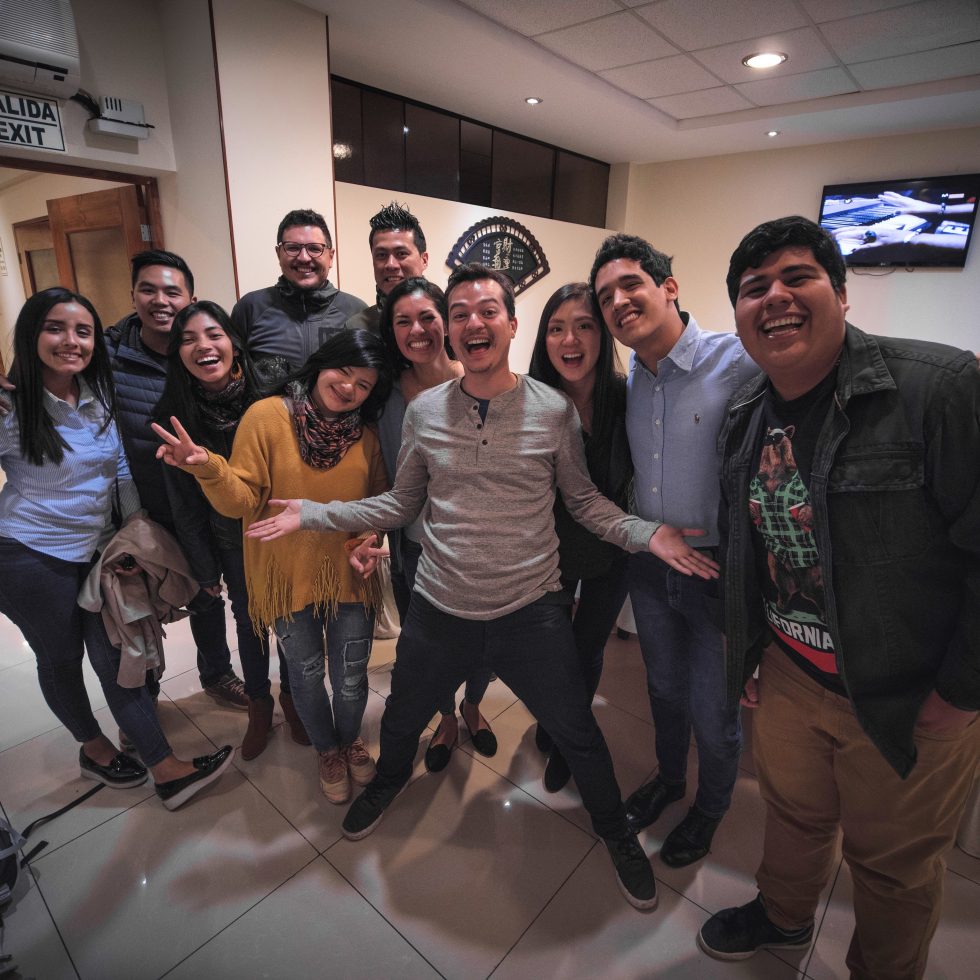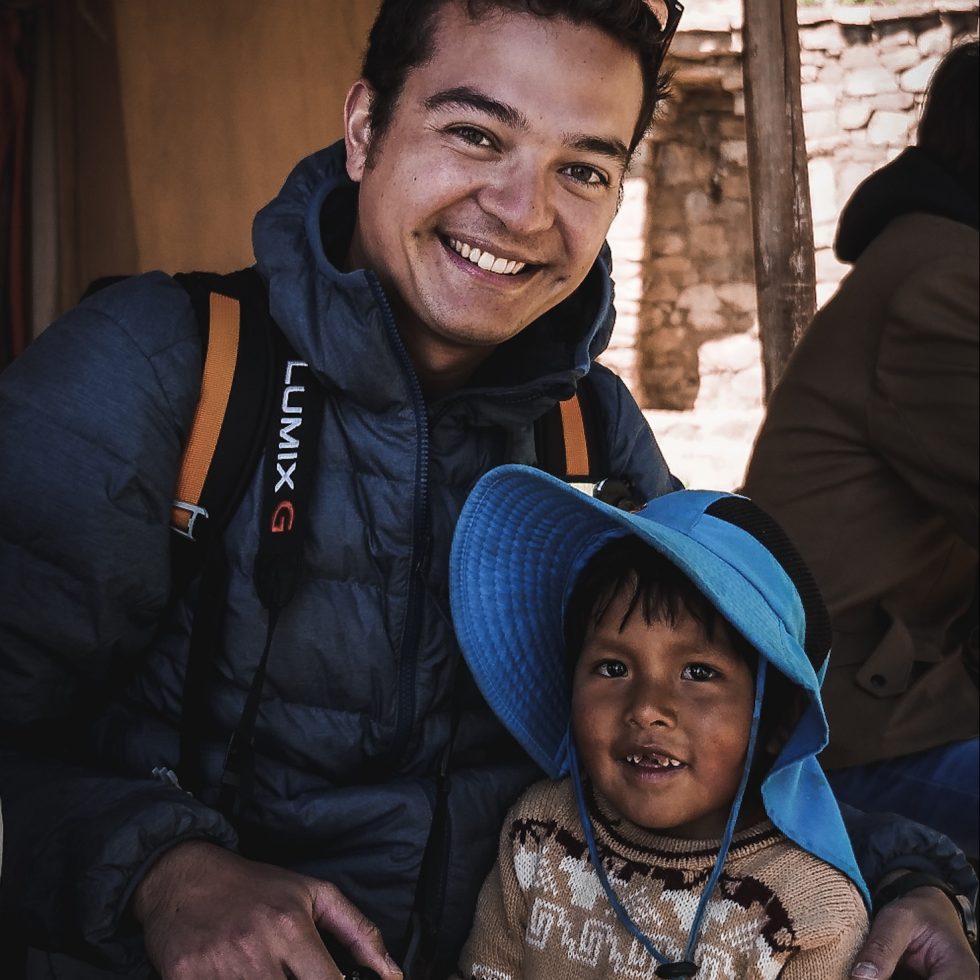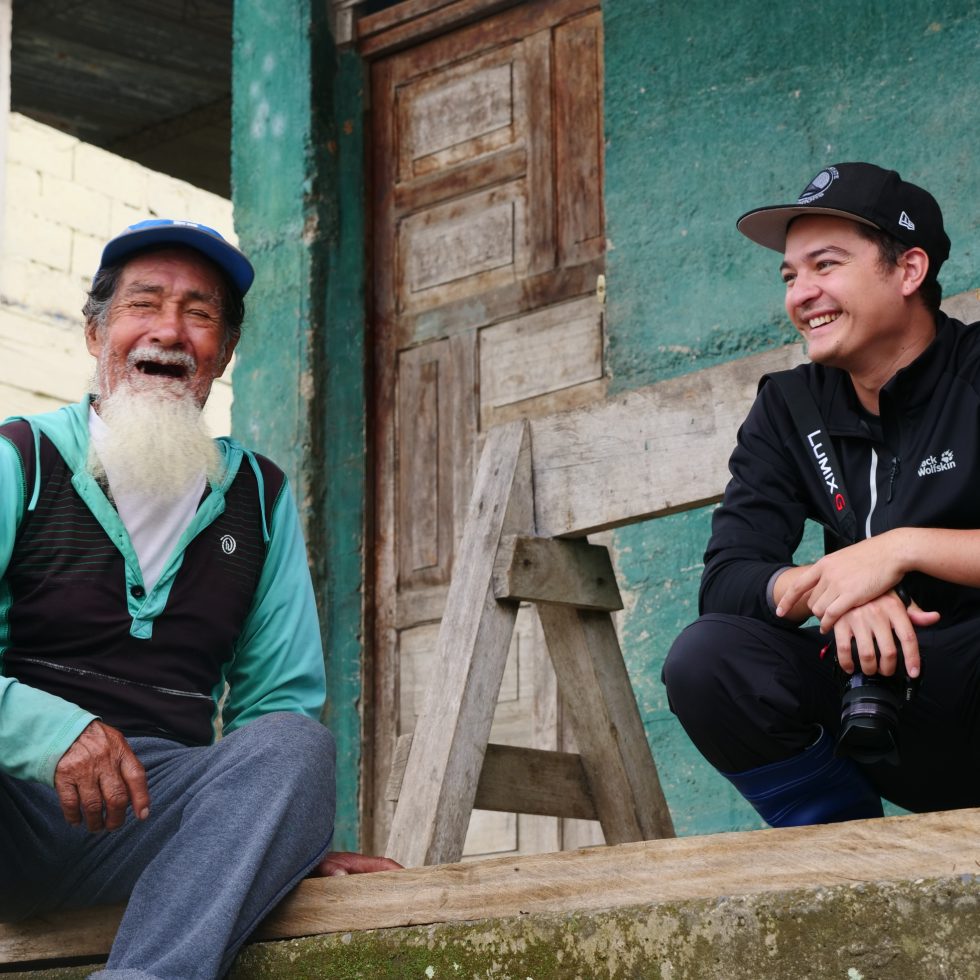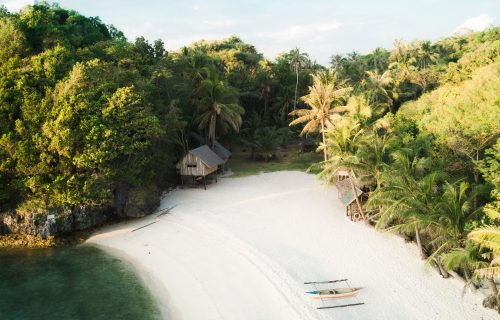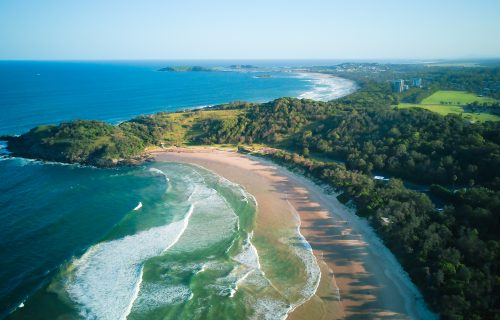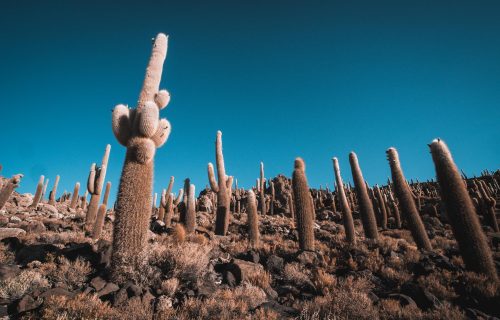5 Tips On Filming A Documentary While Traveling
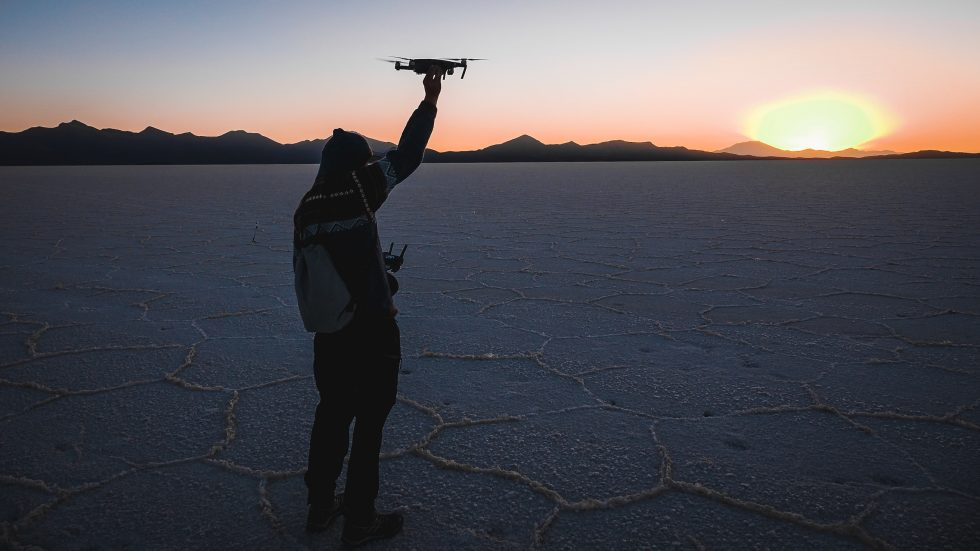
Pack Light
While you are traveling it is essential to have a good overview of your gear. That means don’t pack too much as you will be carrying your stuff around everywhere. Stay compact and make a mental checklist of your gear. Refrain from changing lenses too much and try to replace your gear with lighter versions like for example the micro four thirds camera system for lighter cameras and lenses. Here are some examples of light gear I always have in my bag:
I always combine my Aputure Amaran with fixates and I can put light literally everywhere I want. The Pedco Ultraclamp acts like mini tripods that you use to attach light, sound or camera gear to other objects like chairs, tables or shelves. For backing up footage, you will want to exchange your heavy laptop with something like a Gnarbox. Gnarbox is a device you can connect to your phone and it is basically your processor for 4K footage. It can backup footage on to it directly, as it is also a ssd hard drive, you can edit 4k clips off of it and you can use it as an interface for transferring data from your sd card to your external hard drive.
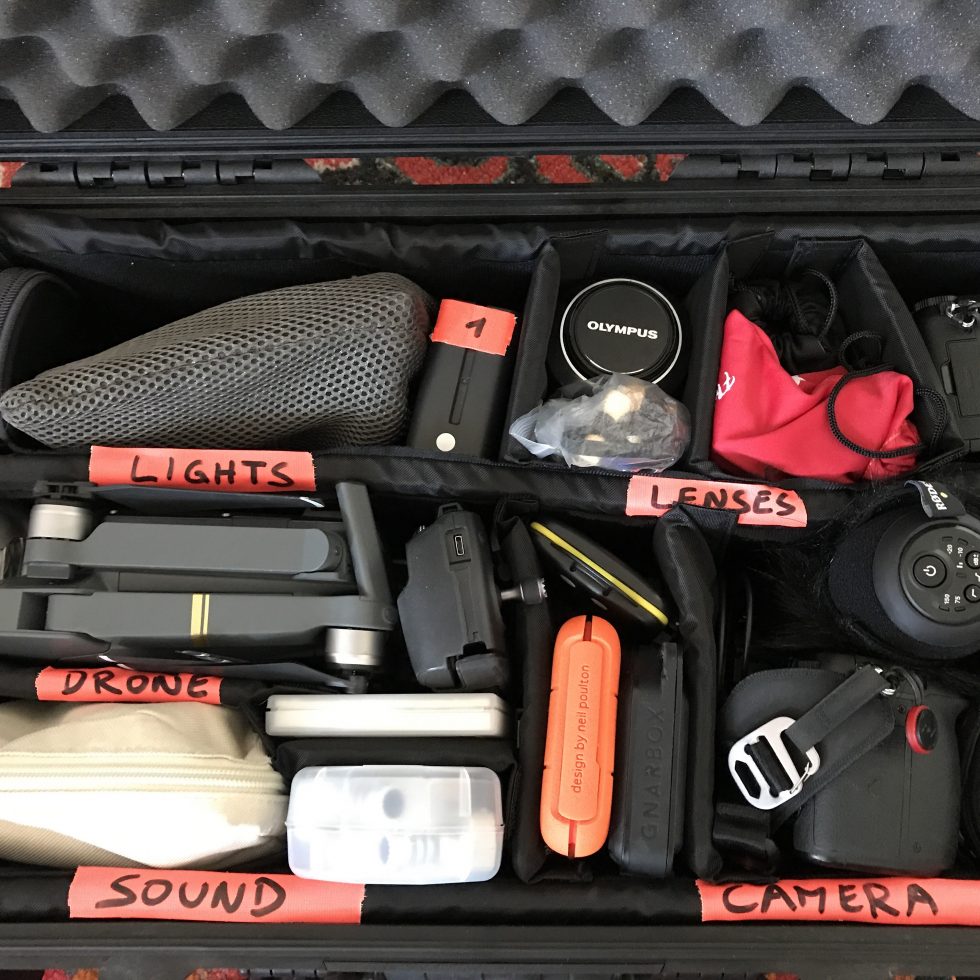
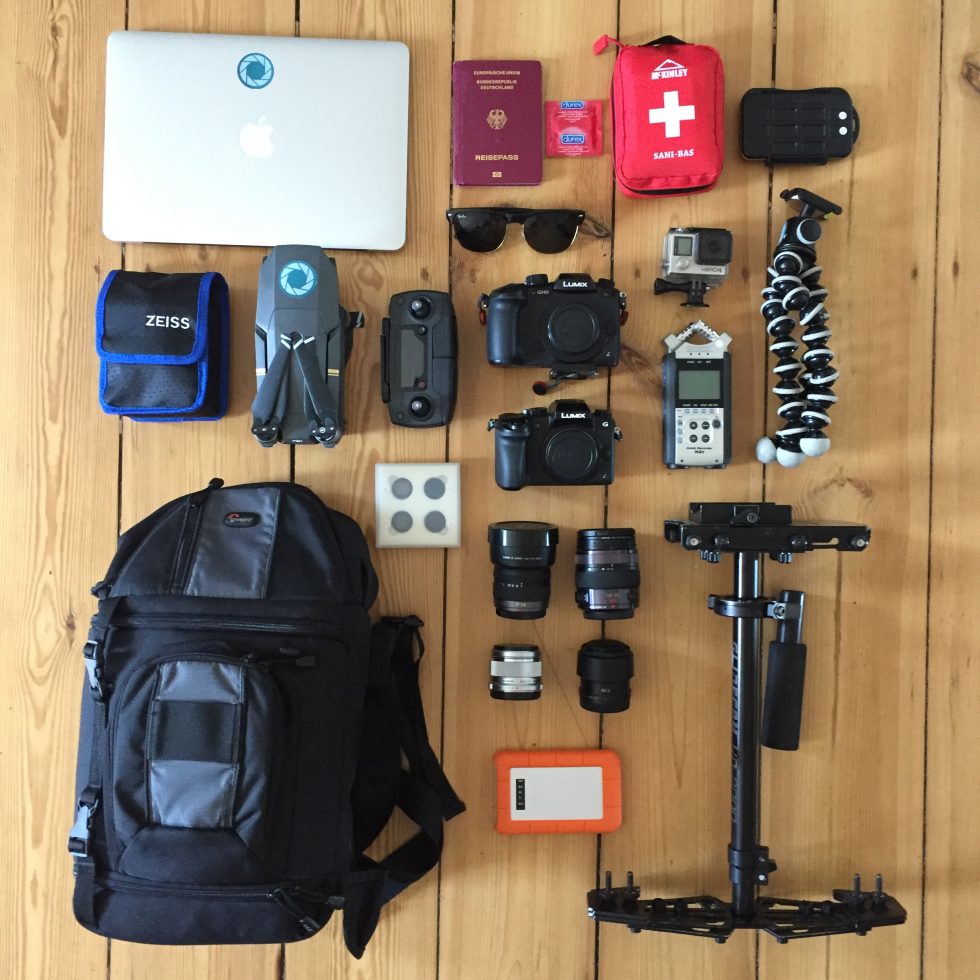
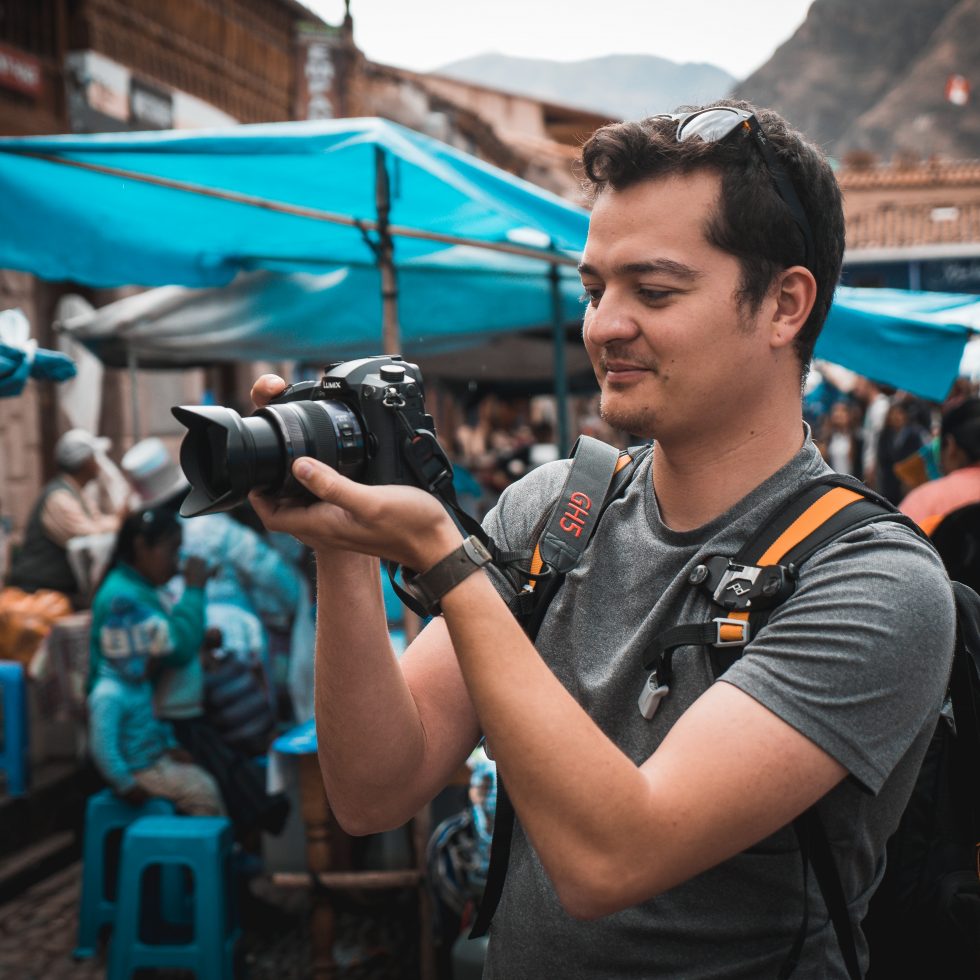
Plan Ahead
The time you have when shooting abroad is precious. You would want to make use of that time and start shooting immediately. Go location scouting with Google Maps Streetview, call your travel agency and make arrangements and time schedules, get your story draft done and make appointments for interviews. If you need staged scenes, talk to the people you need and plan ahead. This of course you can do at home while preparing for the shoot. Packing light, as mentioned above, according to the kind of shoot you are planning is essential as well.
Remember that you can only plan ahead to some extent. Be prepared that a lot of things cannot be planned ahead of time and you’d have to organise it when you are there. So stay open to schedule shifts, spontaneous interviews, flight changes. That’s why it is always wise to plan some buffer in your time plan.
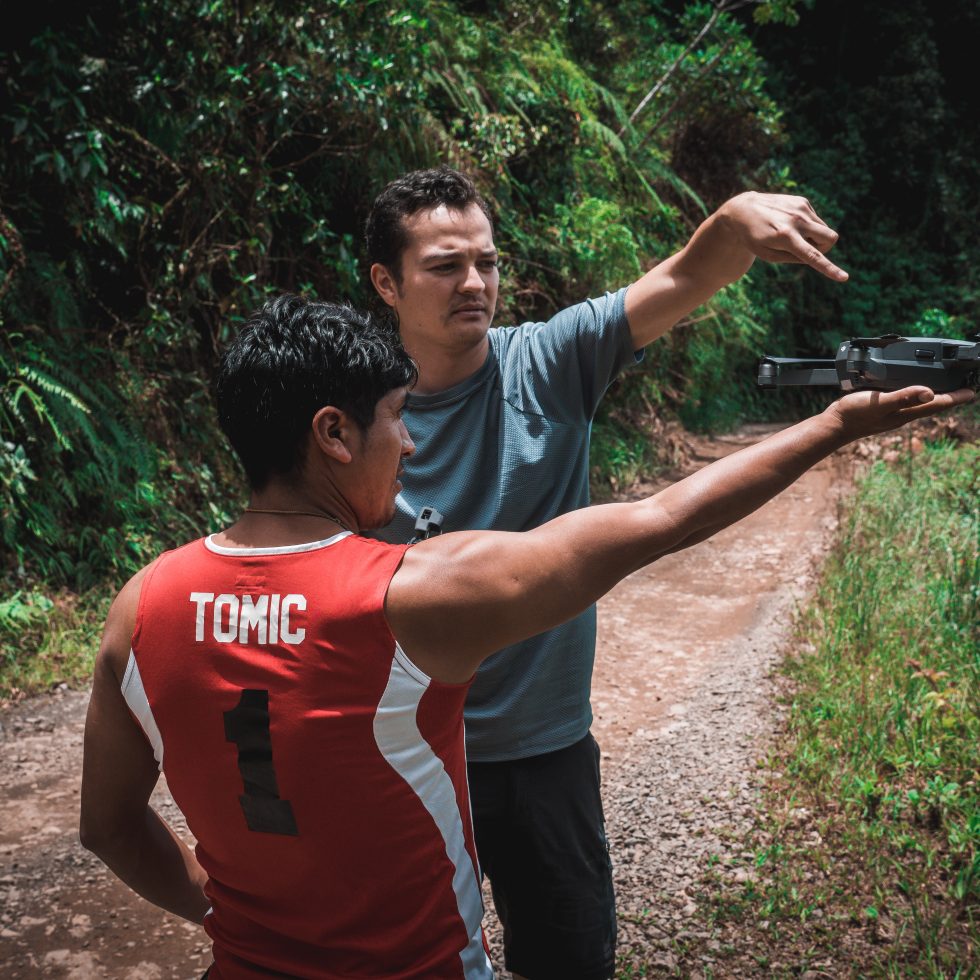
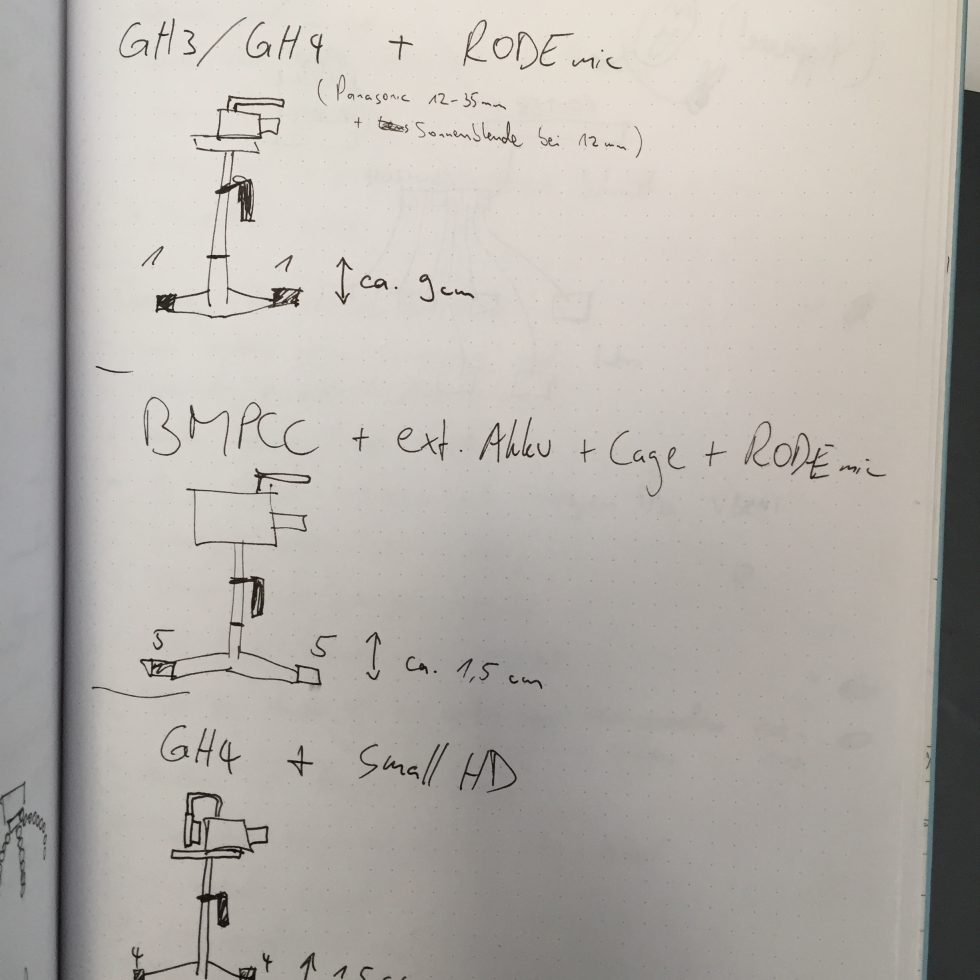
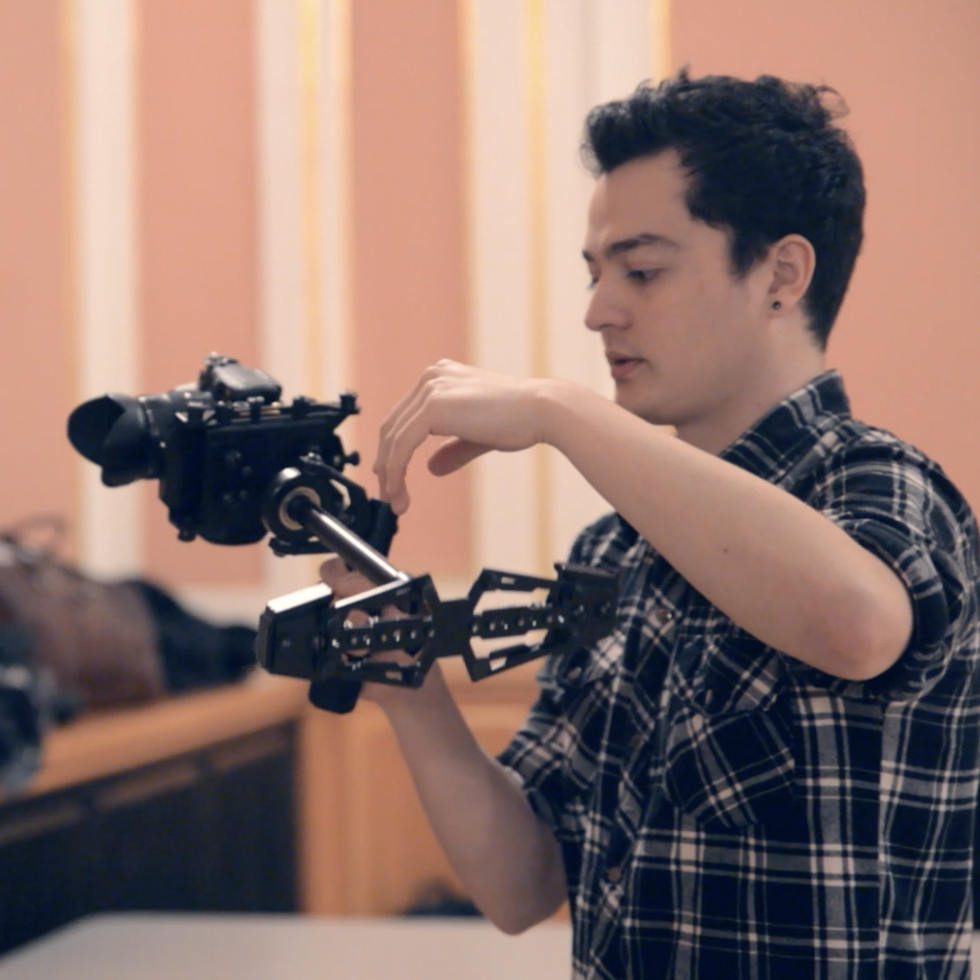
Make Leisure Time
Please make sure you enjoy yourself. Working the whole day requires stamina, passion and persistence. A healthy lifestyle makes it easier to accomplish the shots you need and enough sleep and good food helps you regenerate for the next shooting day. Traveling requires a lot of energy. But filming while traveling takes a toll on your body and psyche. This can directly influence the way you shoot and your ambition of creating awesome footage. A well-rested mind and healthy eating helps you stay persistent and positive which leads to better communication with the people around you and better stamina for your whole day shoots.
What is being a traveling filmmaker if you can’t enjoy the culture to its fullest? Make time to experience the different things happening around you. You can learn new cultures and it will influence you as a person and at the same time the projects you are working on.
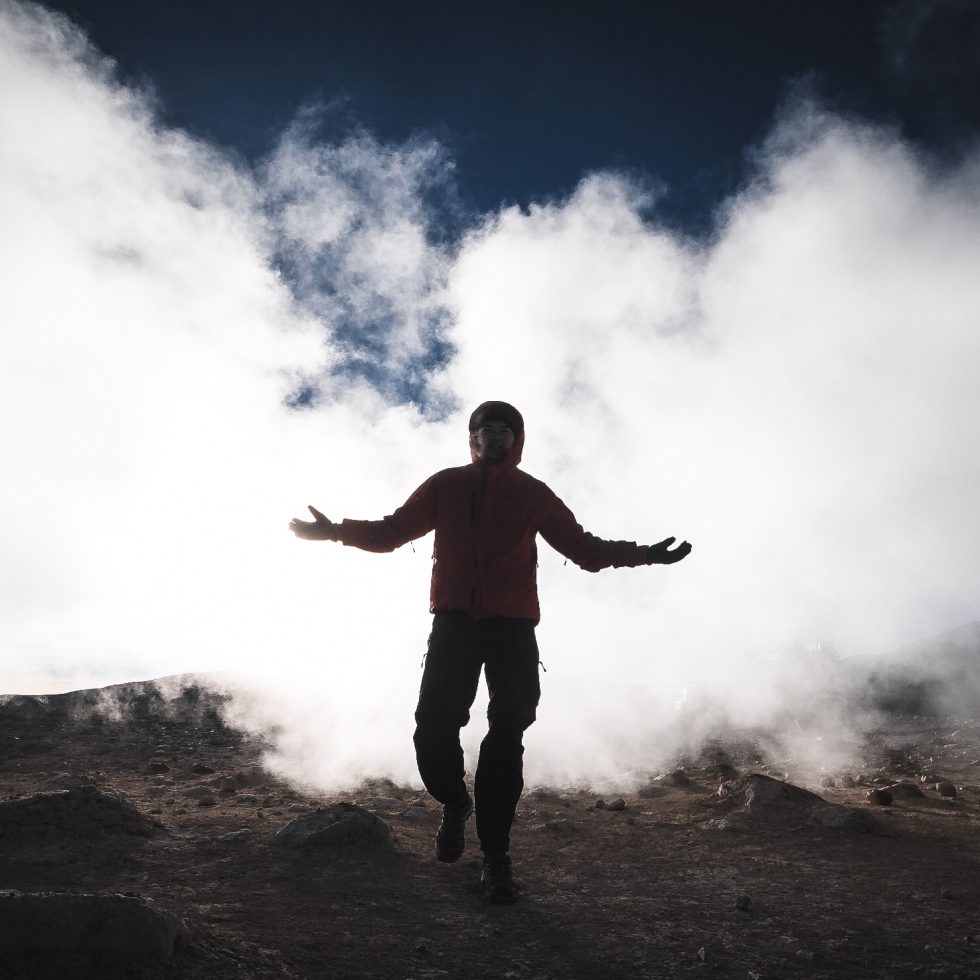
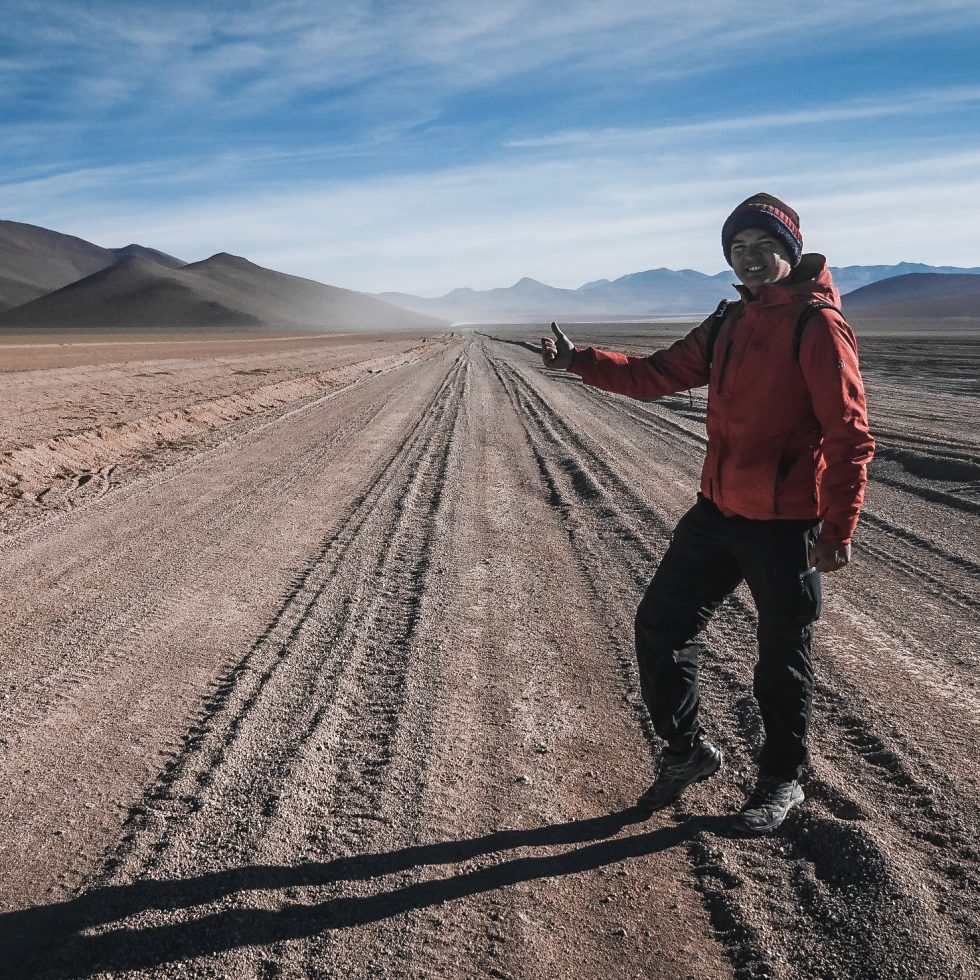
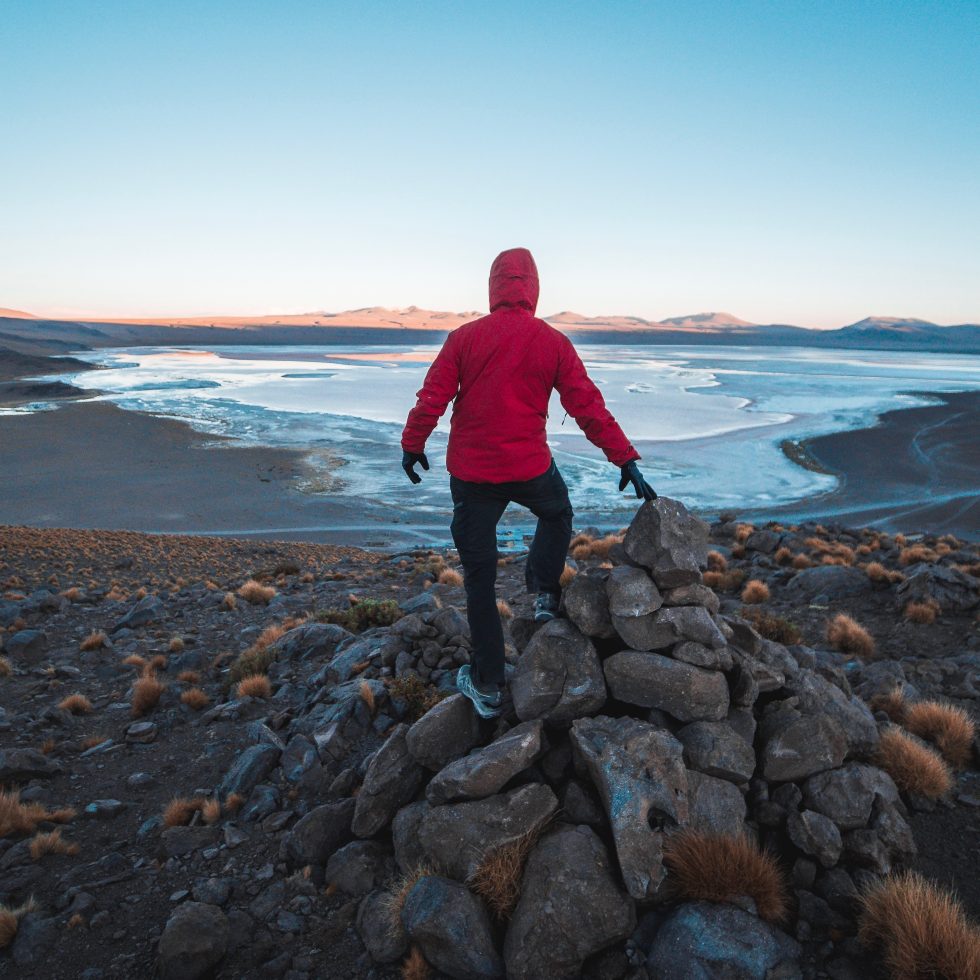
Story is King
Always have the story in mind. This helps you use your precious time more efficiently, because it will prevent you from doing B-roll that is not actually relevant to your story. It is easy to drift away from the story when you are so hooked on camera gear, lighting and cinematography. Remember the motives you need and that are important to your story. Now you can concentrate on getting awesome footage of that sequence and you will have more time for lunch breaks or leisure traveling time.
I know every filmmaker wants to do awesome professional cinematic footage. But especially in documentary filmmaking, things happen only once and will not repeat itself. Nothing is staged, at least in the documentaries where everything is “real”. So have your camera out and shoot-ready at all times. Even if the technical stuff is not perfect, just capture the moment. This moment might be relevant to the overall story and is more important than perfect lighting or noise in your footage or other technical faux-pas.
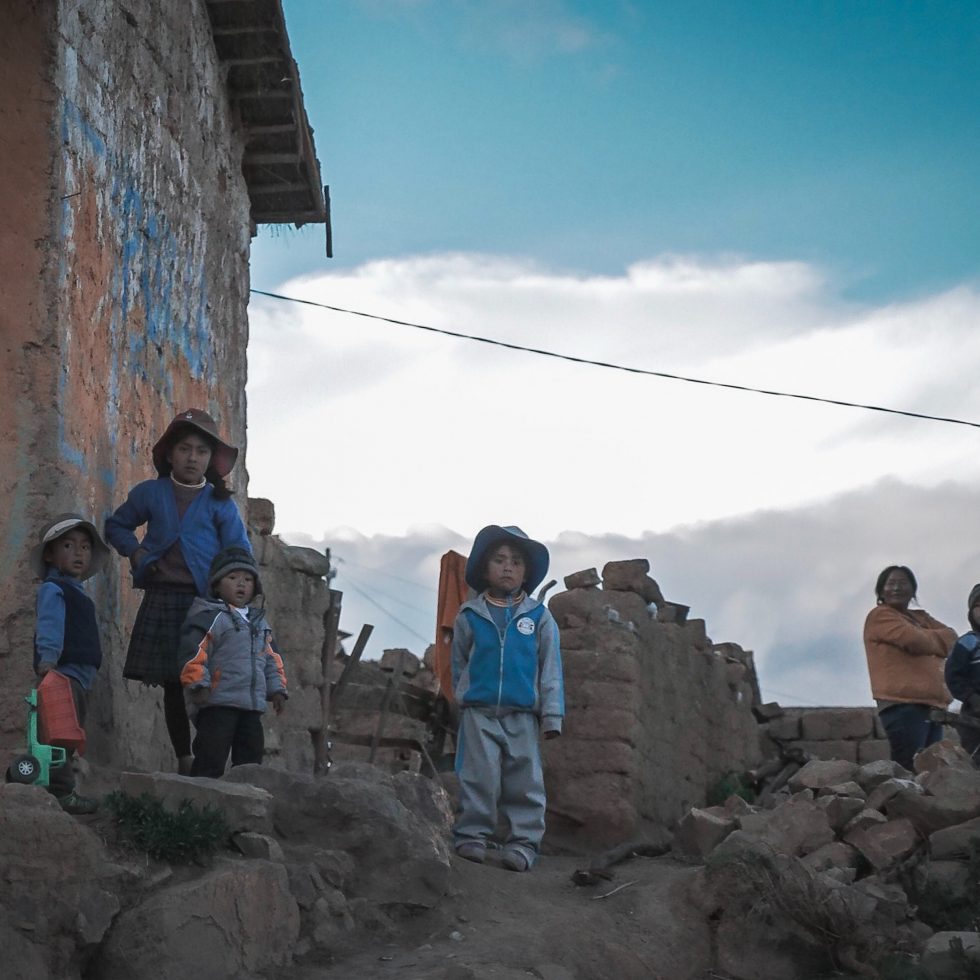
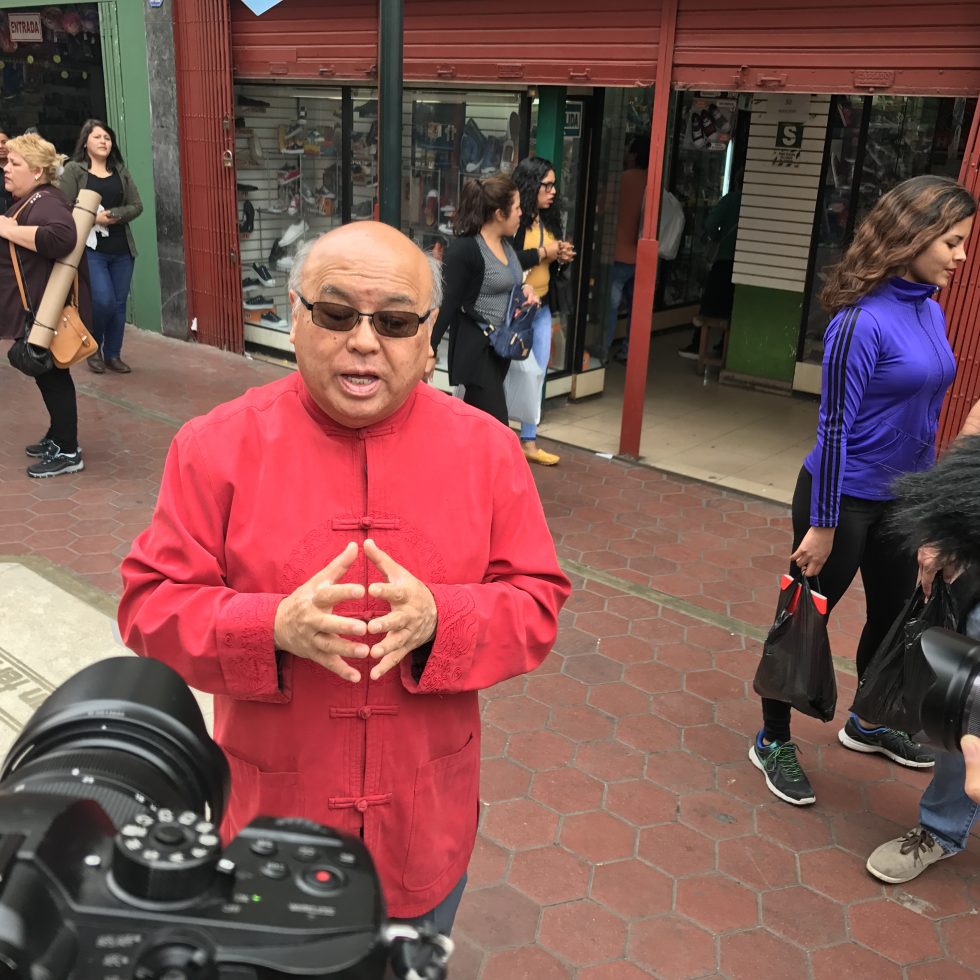
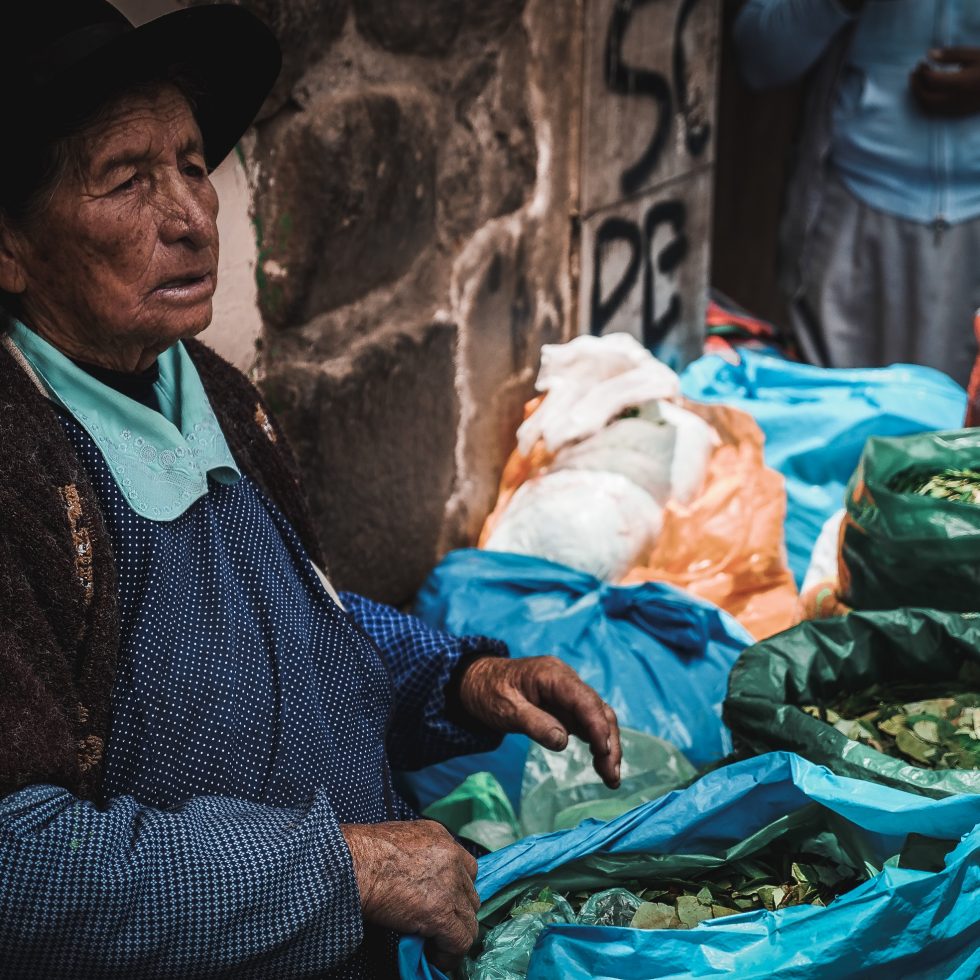
Make Local Friends
Locals are a huge help when doing a documentary in another country. They are inevitable actually. Some areas in the world can not be entered without a local guide. Sometimes it’s better to be escorted around by a local who knows the streets and short cuts. It’s always better to listen to them when it comes to food recommendations and culture. They know the tourist traps and how the locals actually live.
If you are lucky, you can even get professional help for your documentary. For example someone who knows a rental place for filming equipment or can help you with translation. When you learn more about the culture, you understand more about what’s going on around you and it might be very beneficial to your project. You can get pretty far with new friends and that’s what traveling is all about isn’t it?
